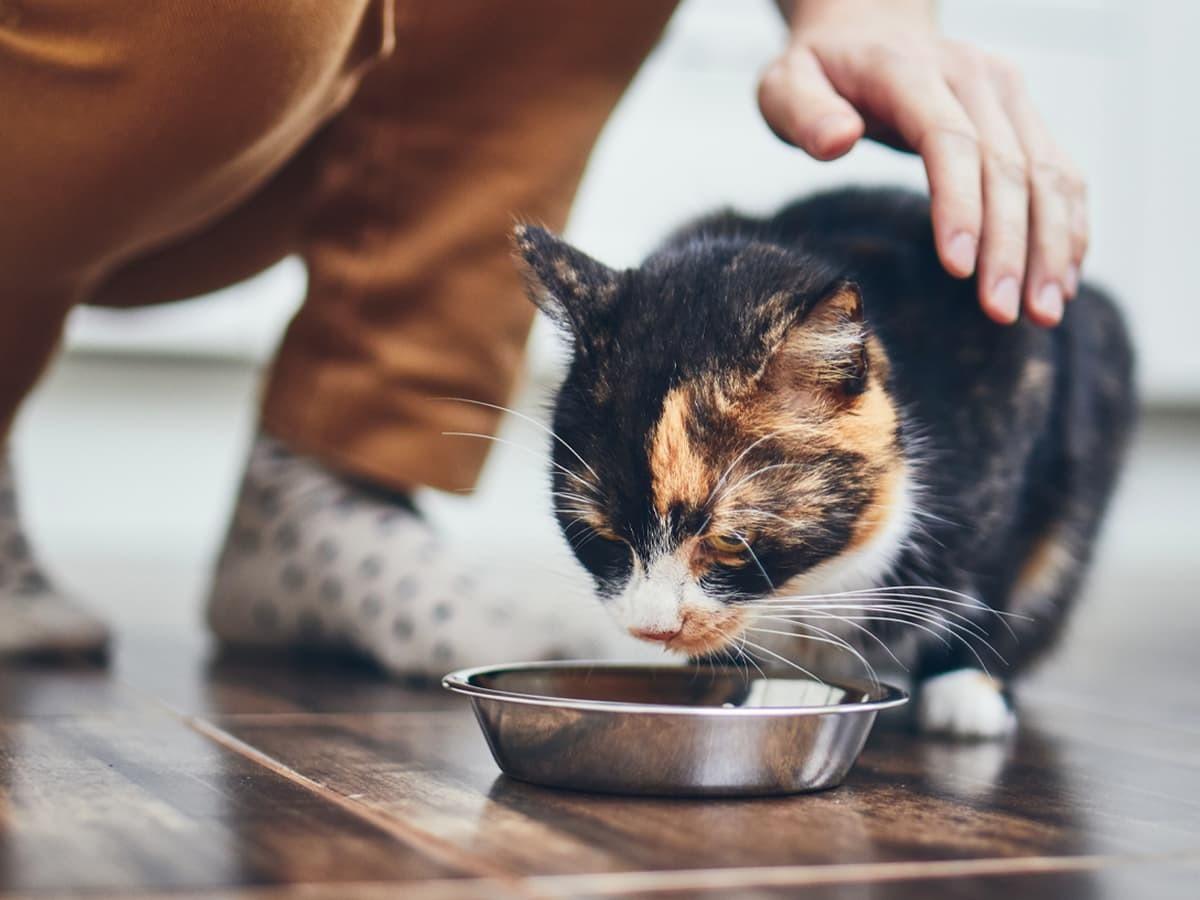Beets and radishes are not toxic to your cat, but that doesn’t mean you should regularly feed them to your cat. In this article, we’ll review how to prep beets and radishes for your cat, how much to give your cat, and how often these vegetables can be added to your cat's diet.
Table beet, garden beet, red beet, dinner beet, golden beet, or simply beets, regardless of what you call them, beets are the taproot part of the plant. It is one of the most common vegetables used in salads around the world. Beets can be boiled, roasted, or raw, and have been part of our diet since the ancient Roman, Egyptian, and Greek eras.
Radishes, on the other hand, are a part of the mustard family and were first eaten by Romans. Domesticated in Asia, radishes are now eaten in every part of the world, mostly as crunchy salad veggies with a pungent and slightly spicy flavor.
Do Cats Like Beets?
Cats are carnivorous meaning that they have a natural inclination to eat meat. So if your cat does show an interest in eating beets, it could be because they like the smell and texture, or they are simply curious about what you're eating.
Do Cats Like Radishes?
There is a high chance that your cat may not like radishes. This is because of their slightly spicy flavor. If you offer one to your cat, they may only be interested in playing with it for a bit before abandoning it.
Is Beetroot Good for Cats?
Beets are highly nutritious and packed with essential vitamins, minerals, and plant compounds, many of which have medicinal properties. Beets contain iron, magnesium, folate, copper, manganese, potassium, and even proteins.1However, your cat’s digestive system may not be able to extract all of it. Some benefits beets can help provide for your cat include -
Fiber – Beets can help with digestion and prevent constipation with their fiber content.
Vitamins – Vitamins A, C, and K in beets help in various bodily functions. Cats, however, do not need a lot of vitamin C from non-meat sources.
Other minerals – The digestive system of your cat may be able to extract potassium, magnesium, and iron which can promote overall health.
What About Radishes for Cats?
While there is not much scientific evidence about the benefits of radishes for cats, radishes have little nutritional content that could be beneficial to your cat. The nutrients radishes can provide to your pet like potassium or calcium should be derived from animal sources instead.3 If your cat eats radishes, it can lead to digestive tract problems and cause vomiting or diarrhea.
How Much Beet or Radish Can Your Cat Eat?
The recommended quantity of beets for your cat is not more than a tablespoon per week. You should not add beets to your cat’s daily diet. Instead, it should be treated as an occasional treat. When it comes to radishes, it's better if you just avoid them. If you do want to add vegetables to your cat's diet, here is a list of vegetables that your can cat eat.
How Can You Feed Beets to Your Cat?
Cats are carnivorous creatures, and the majority of their nutritional requirements should come from meat. However, if you want to feed beet as an occasional treat, it's best to start by offering a small amount and monitoring their reaction. Look out for any signs of an allergic reaction. Here are a few tips on how to introduce beets into your cat's diet:
Gradually increase the amount: Start by giving your cat one or two bite-sized pieces. If your cat enjoys it and shows no signs of an allergic reaction, you can gradually increase the amount.
Cooked: Beets should be cooked before they are fed to a cat. Raw beets can be hard to digest and may cause an upset stomach.
Avoid Canned Beets: Canned beets often contain added salt and sugar, which can be harmful to cats.
How Should You Feed Radishes to Your Cat?
Radishes may not be toxic to your cat, but consuming them can cause your cat abdominal discomfort and lead to other problems including–
Vomiting
Diarrhea
Increased thirst
Decreased appetite
Lethargy
Licking lips
Nausea
Abdominal pain
If you want to add some variety to your cat's diet, there are a variety of other vegetables and fruits that are much more beneficial.
The Downside of Feeding Your Cat Beets
Beets are high in sugar and can lead to diabetes in cats. Too many beets can cause weight gain and related health problems. Beets also contain oxalates, compounds that can bind to calcium and prevent it from being absorbed by the body. This can lead to kidney stones. Nitrates present in beets could be converted to nitrites which can be toxic to cats.2
Conclusion
Beets are okay as an occasional treat for your cat but remember, cats are carnivorous and should get the majority of their nutrition from meat-based foods. Radishes on the other hand may do more harm than good. Avoid feeding radishes to your cat.
“Everything to Know About the Health...” Healthline, https://www.healthline.com/nutrition/benefits-of-beets, June 5, 2023.
“Can Dogs and Cats Eat Beets?” PetPlace, https://www.petplace.com/article/general/pet-health/can-dogs-cats-eat-beets, Nov. 24, 2020.
“Can Cats Eat Radishes?” Catster, https://www.catster.com/nutrition/can-cats-eat-radishes, https://www.catster.com/nutrition/can-cats-eat-radishes, Jan. 2, 2024.
The information presented in this article is for educational and informational purposes only and does not constitute or substitute for the advice of your veterinarian.
